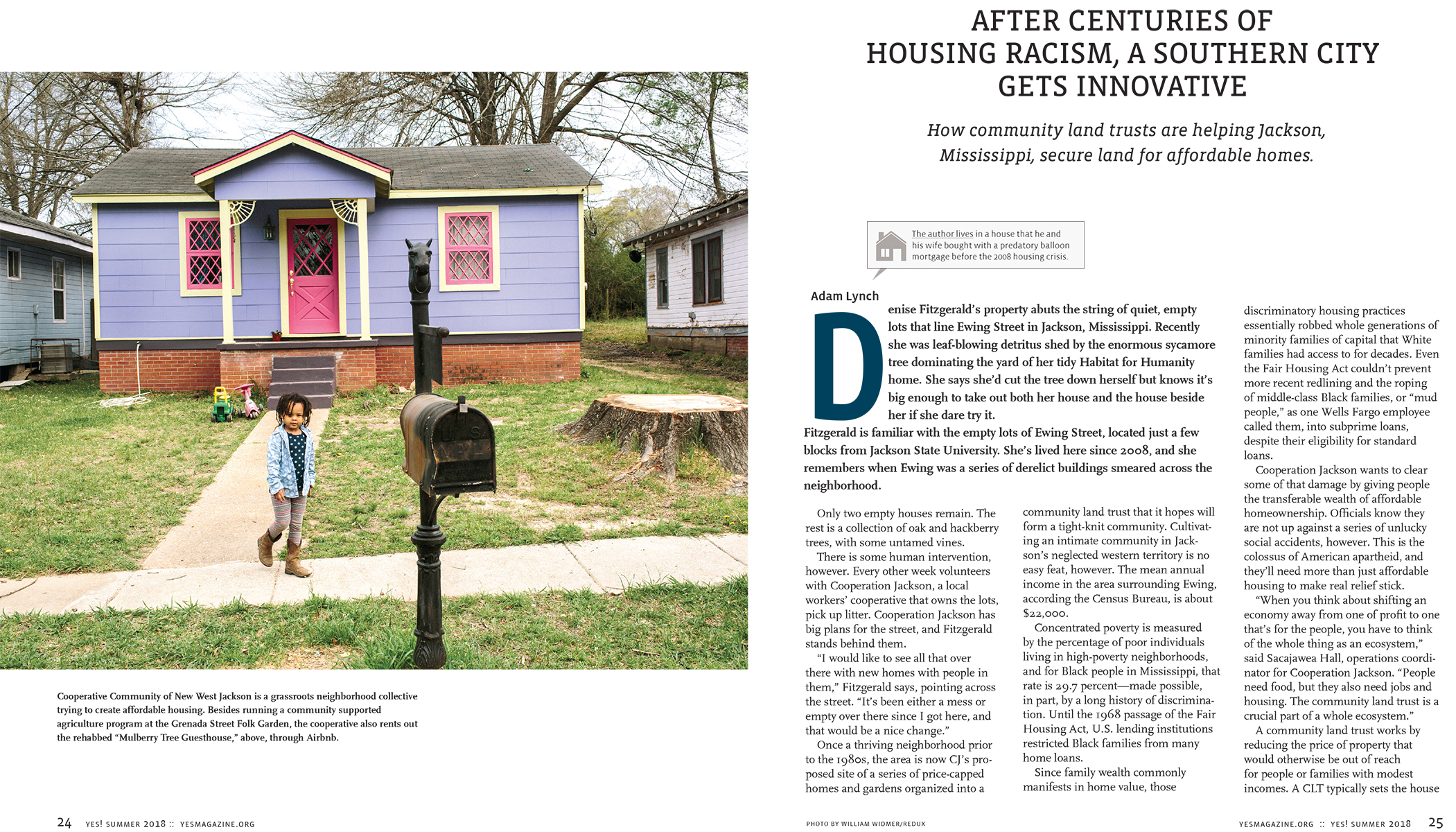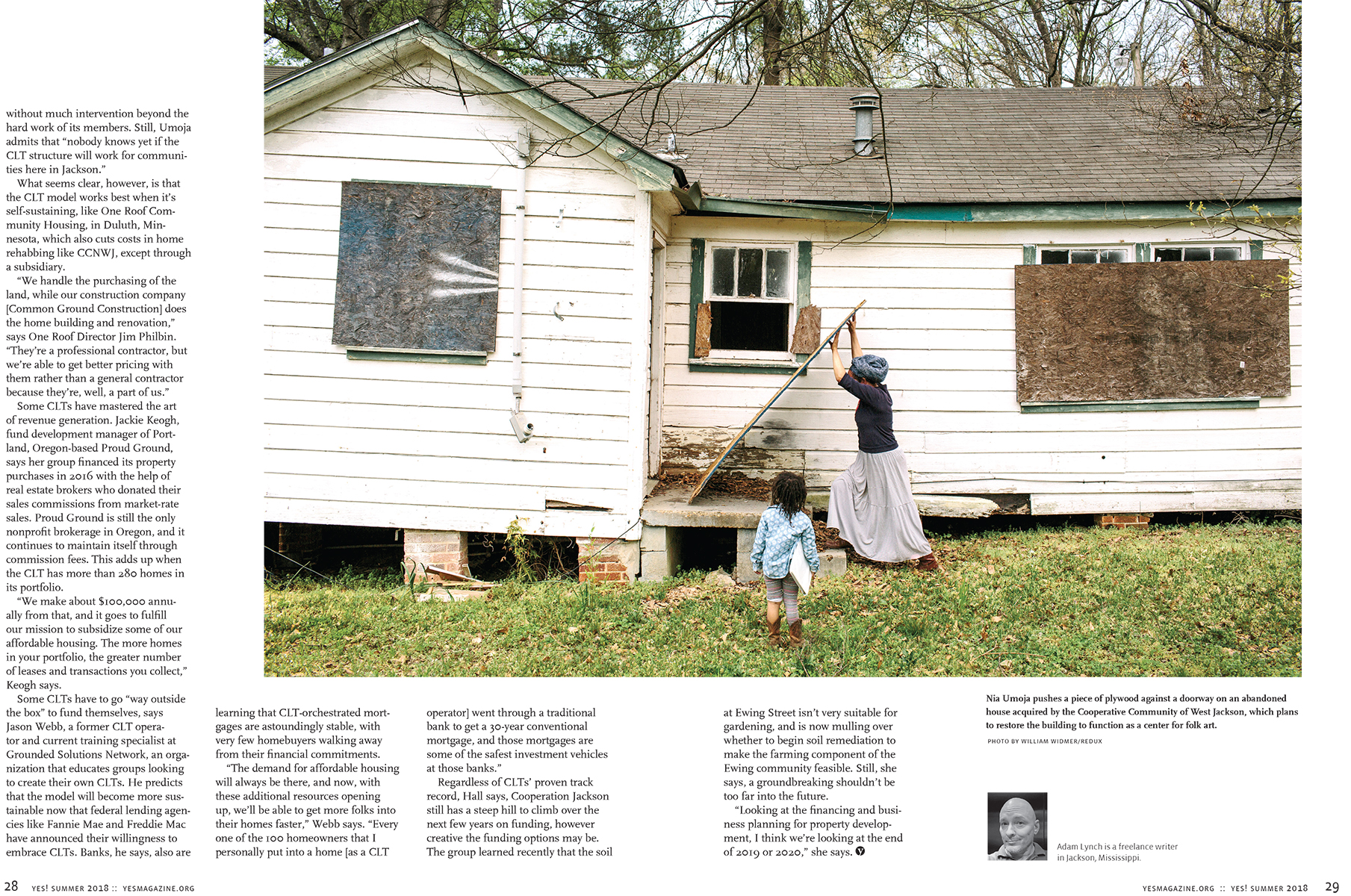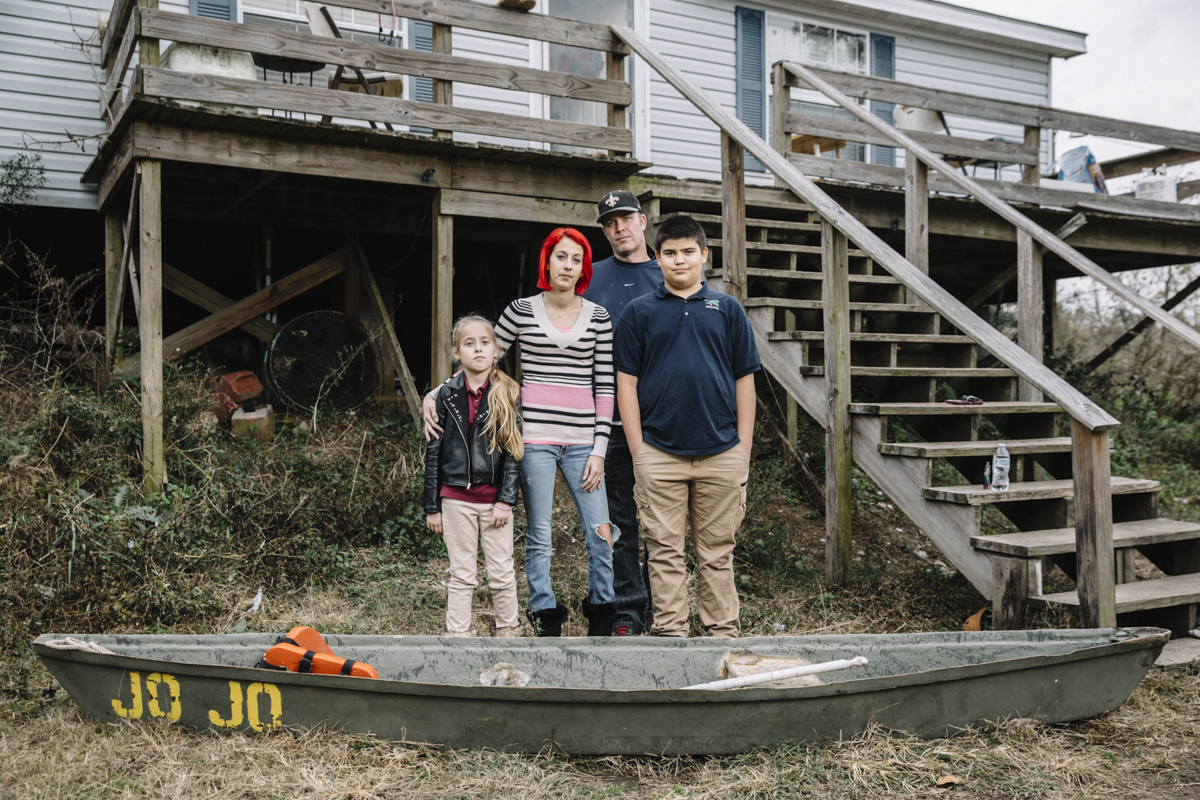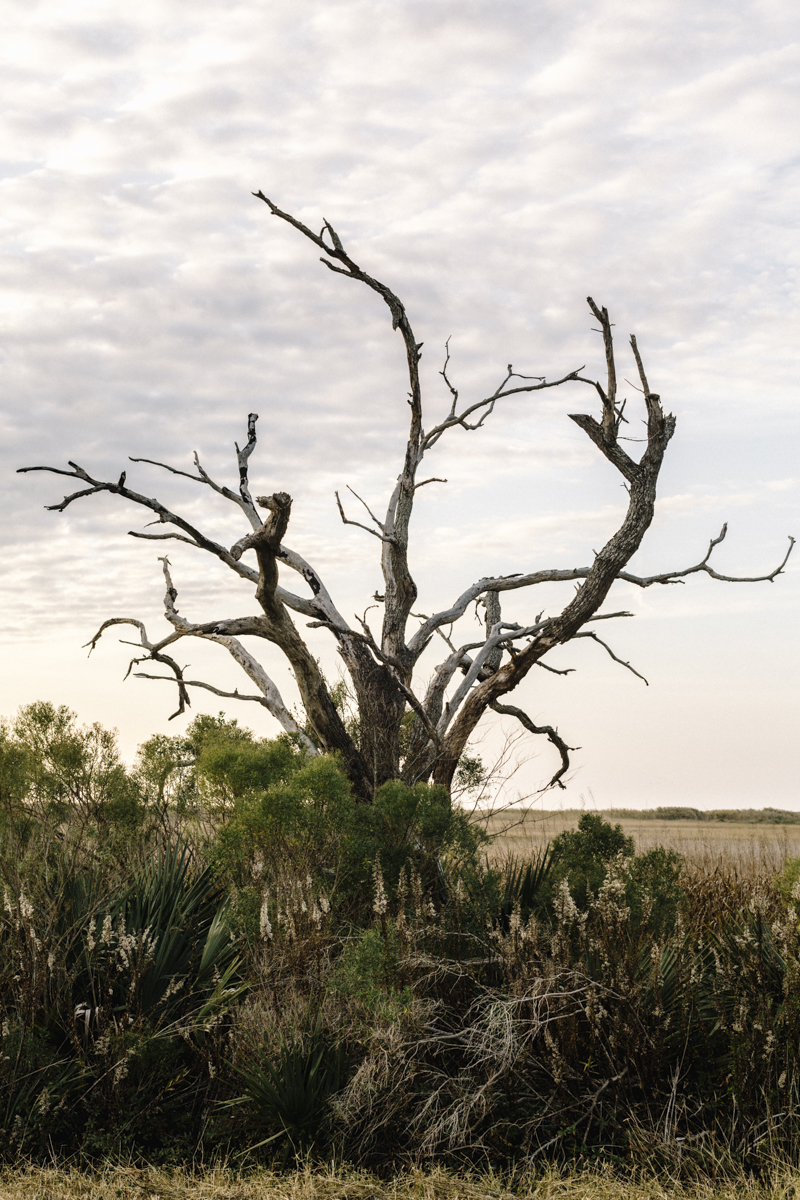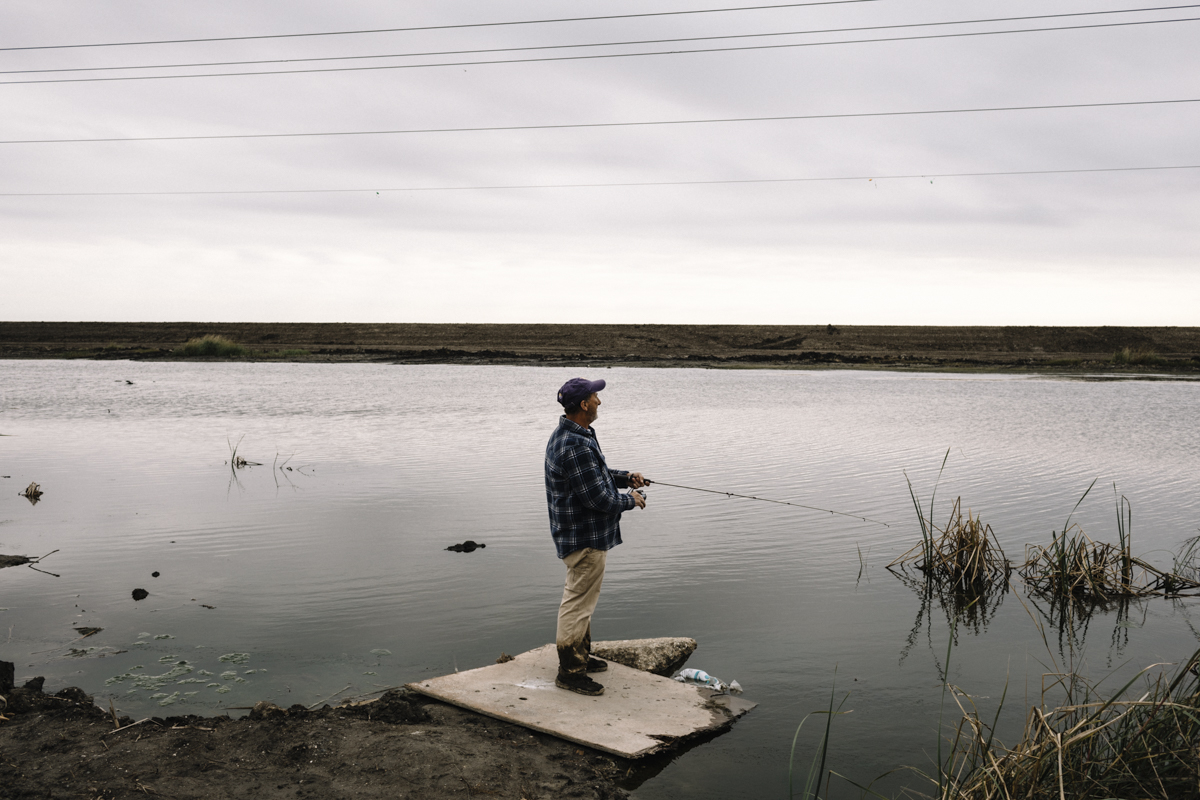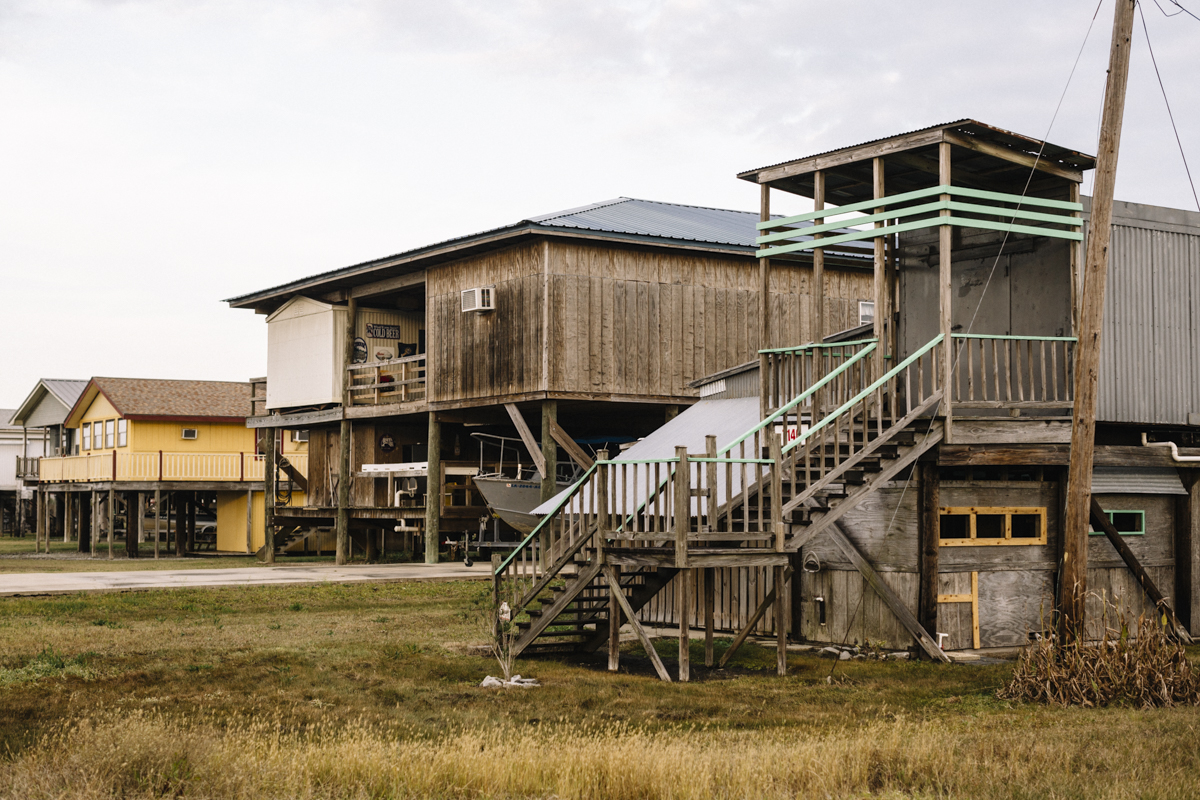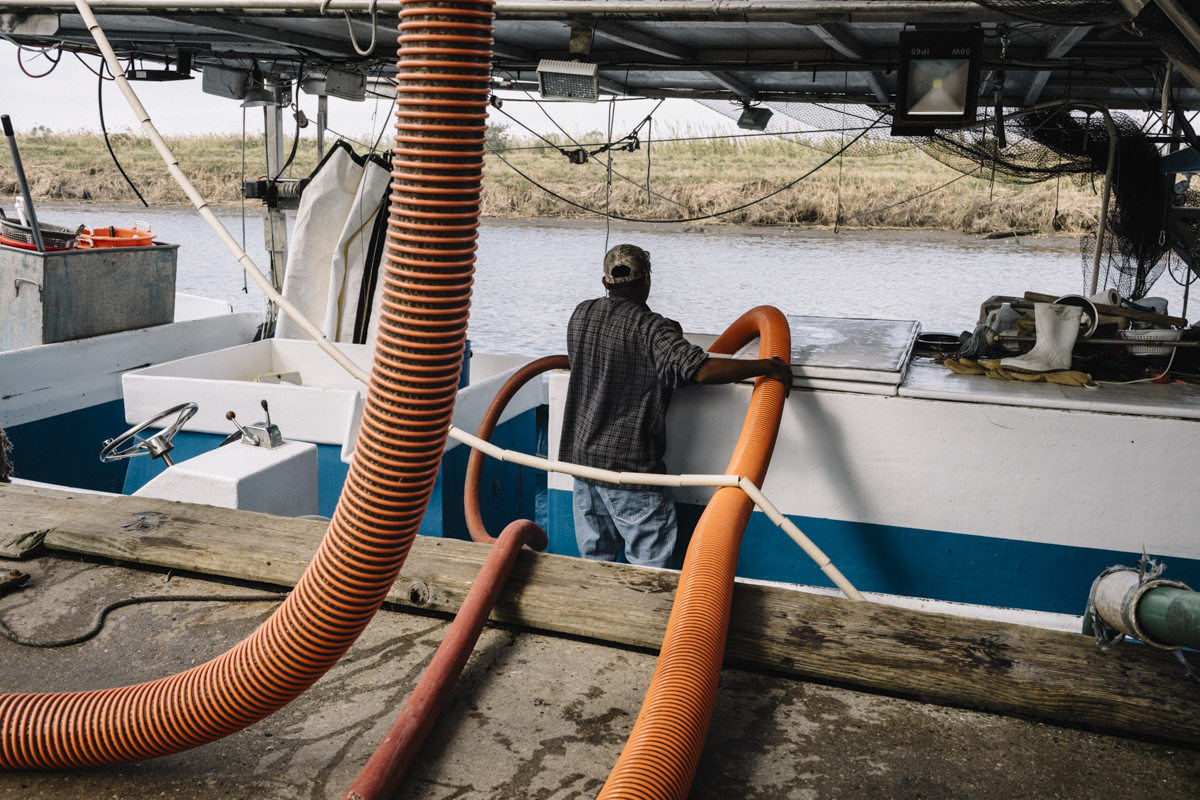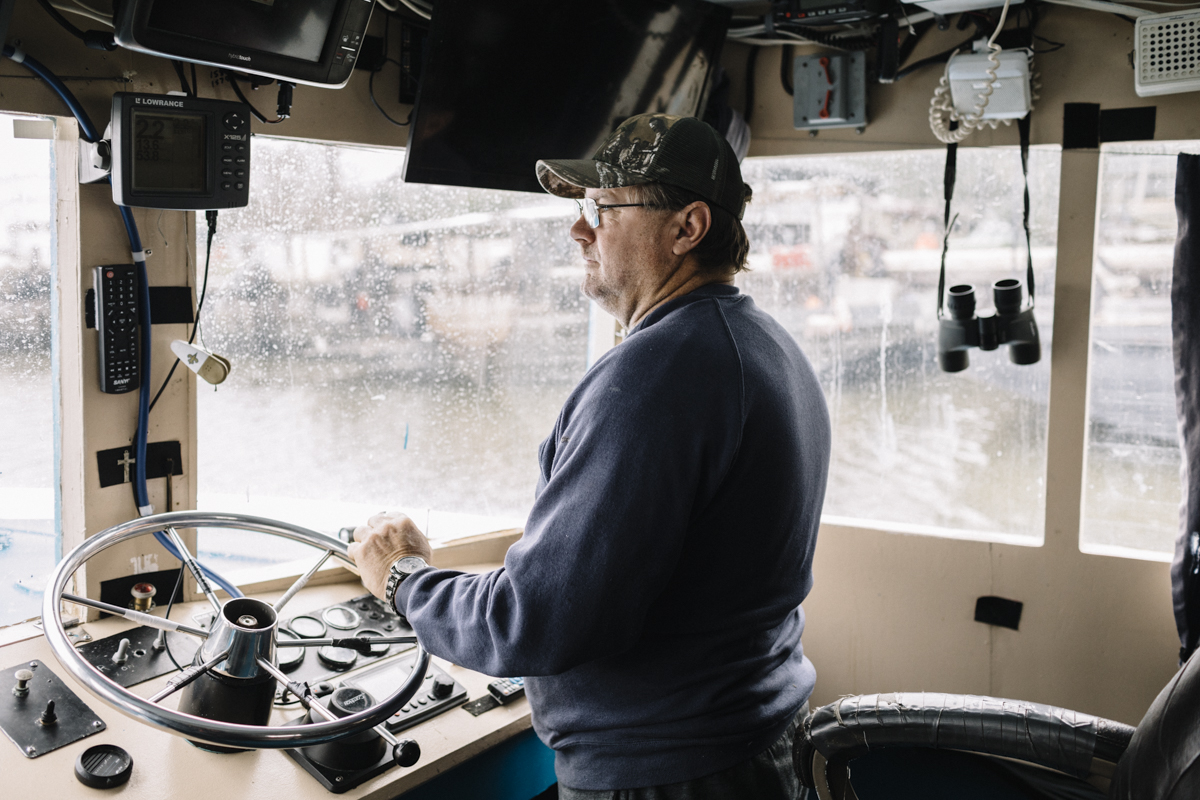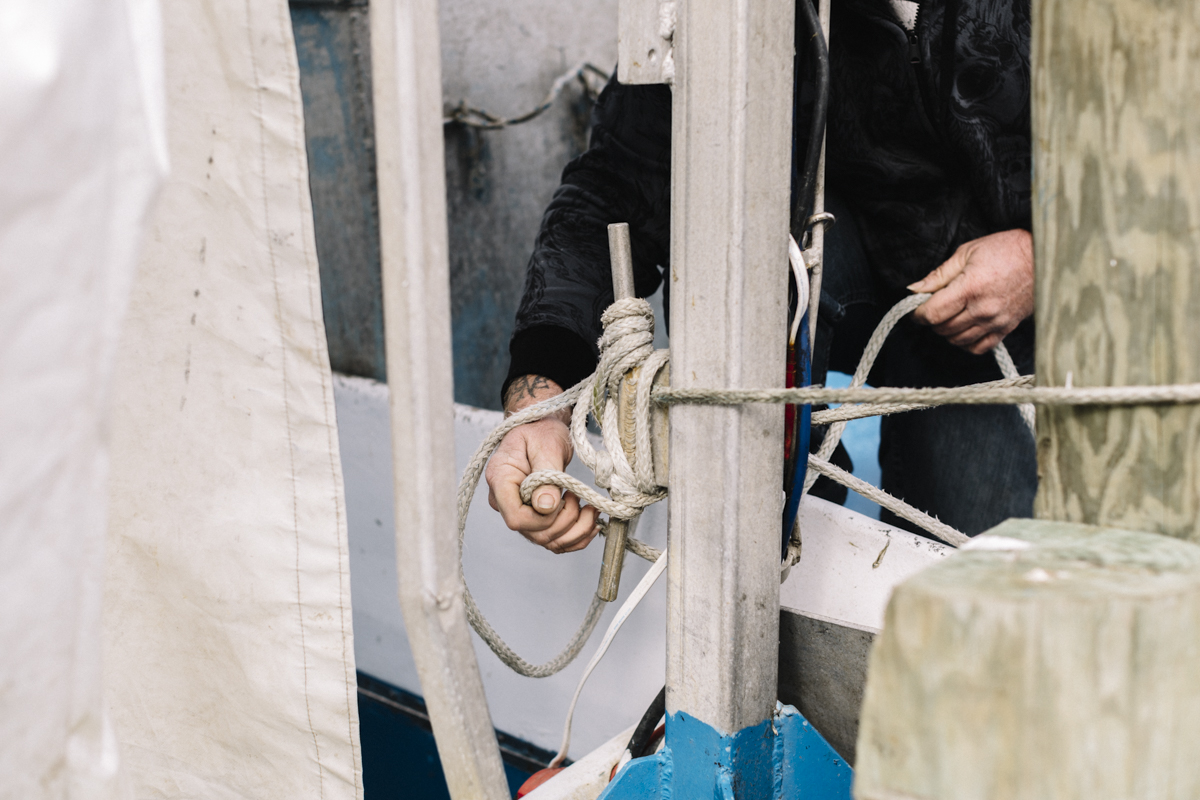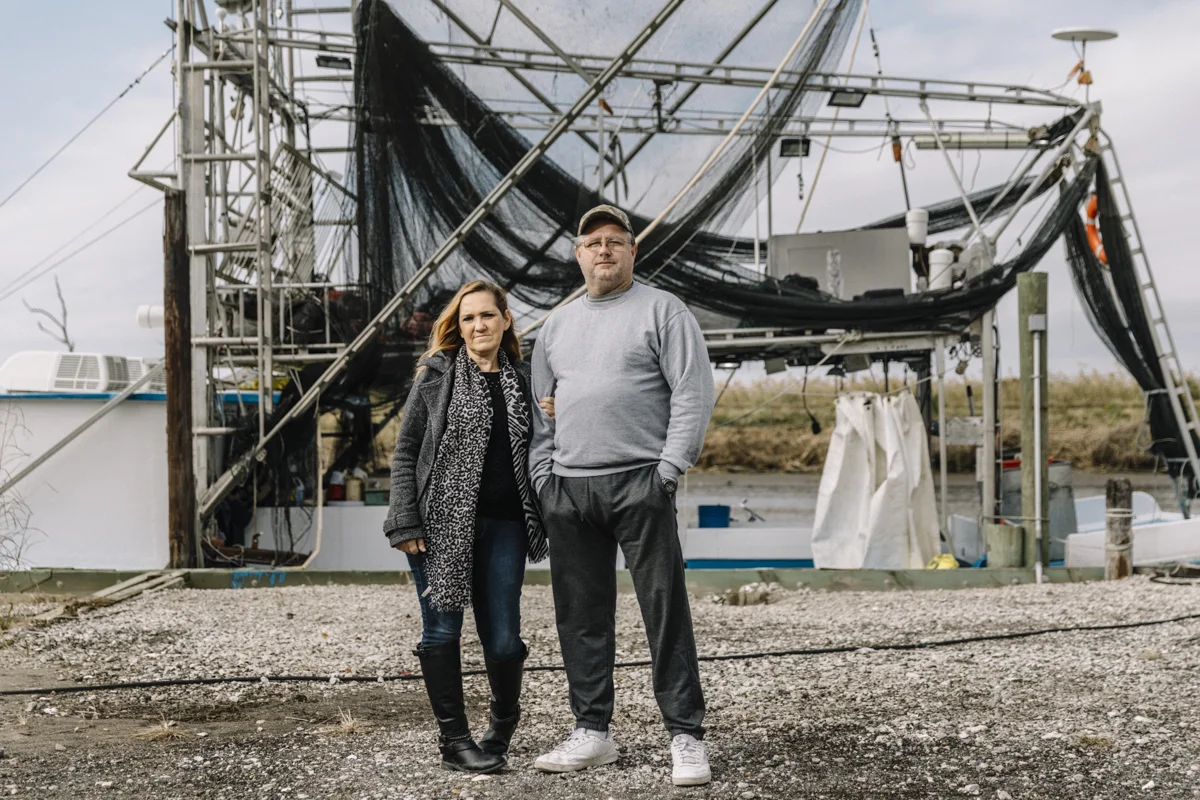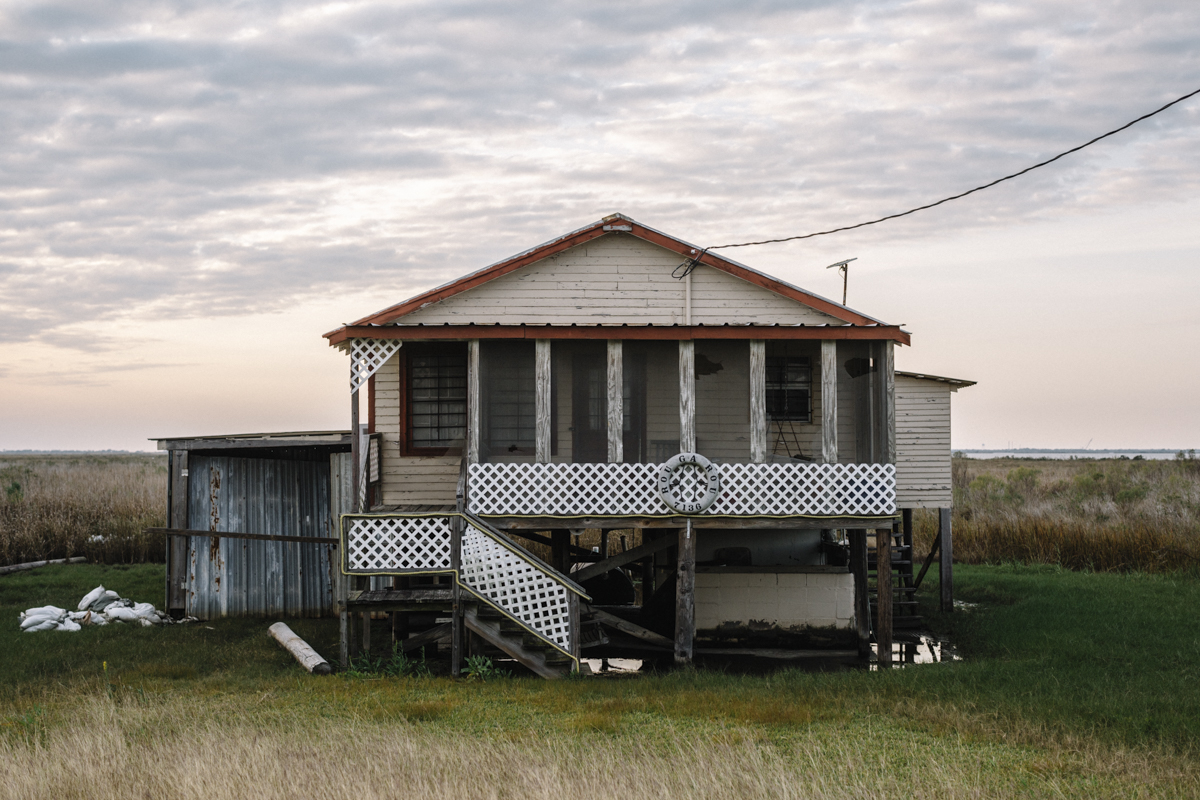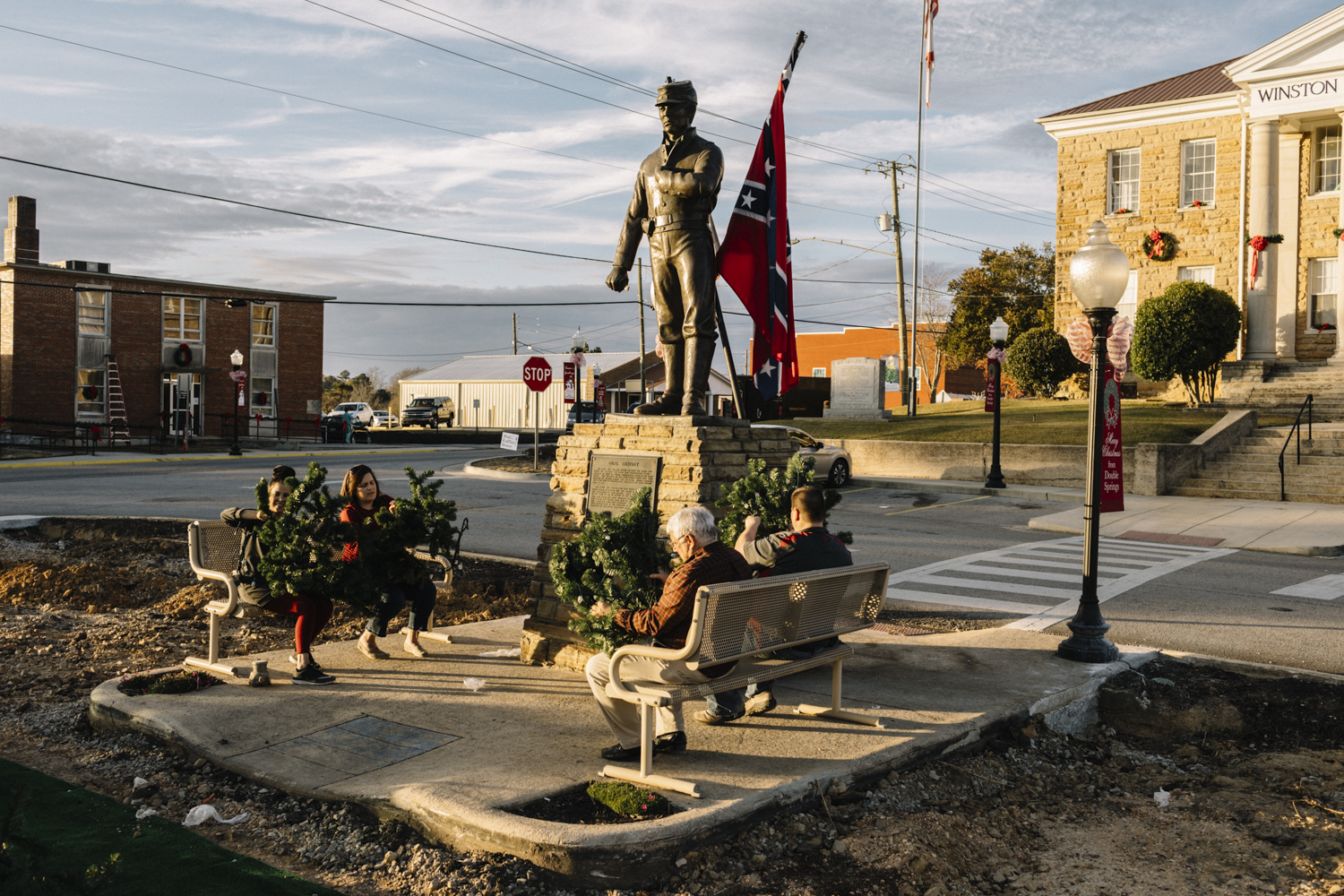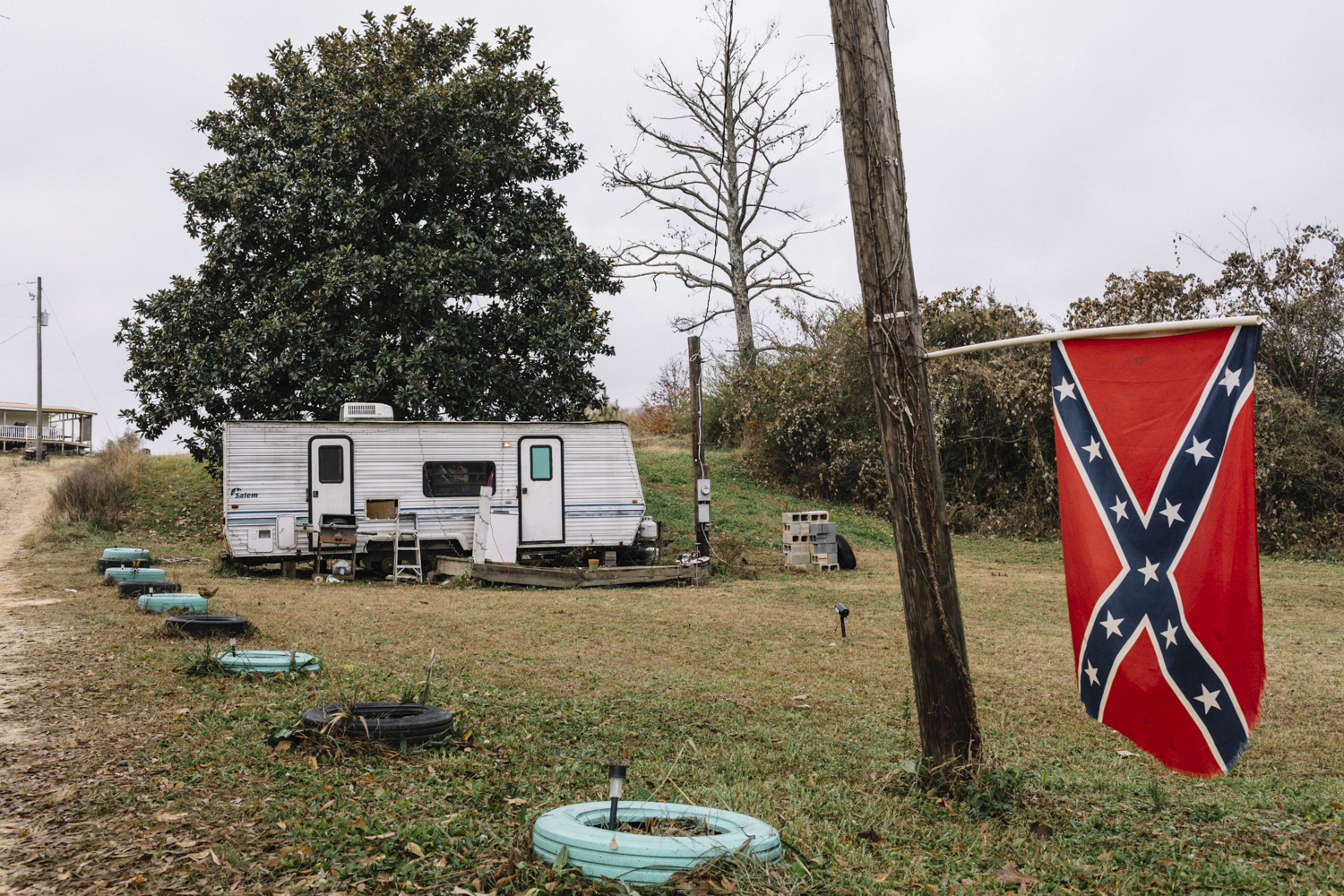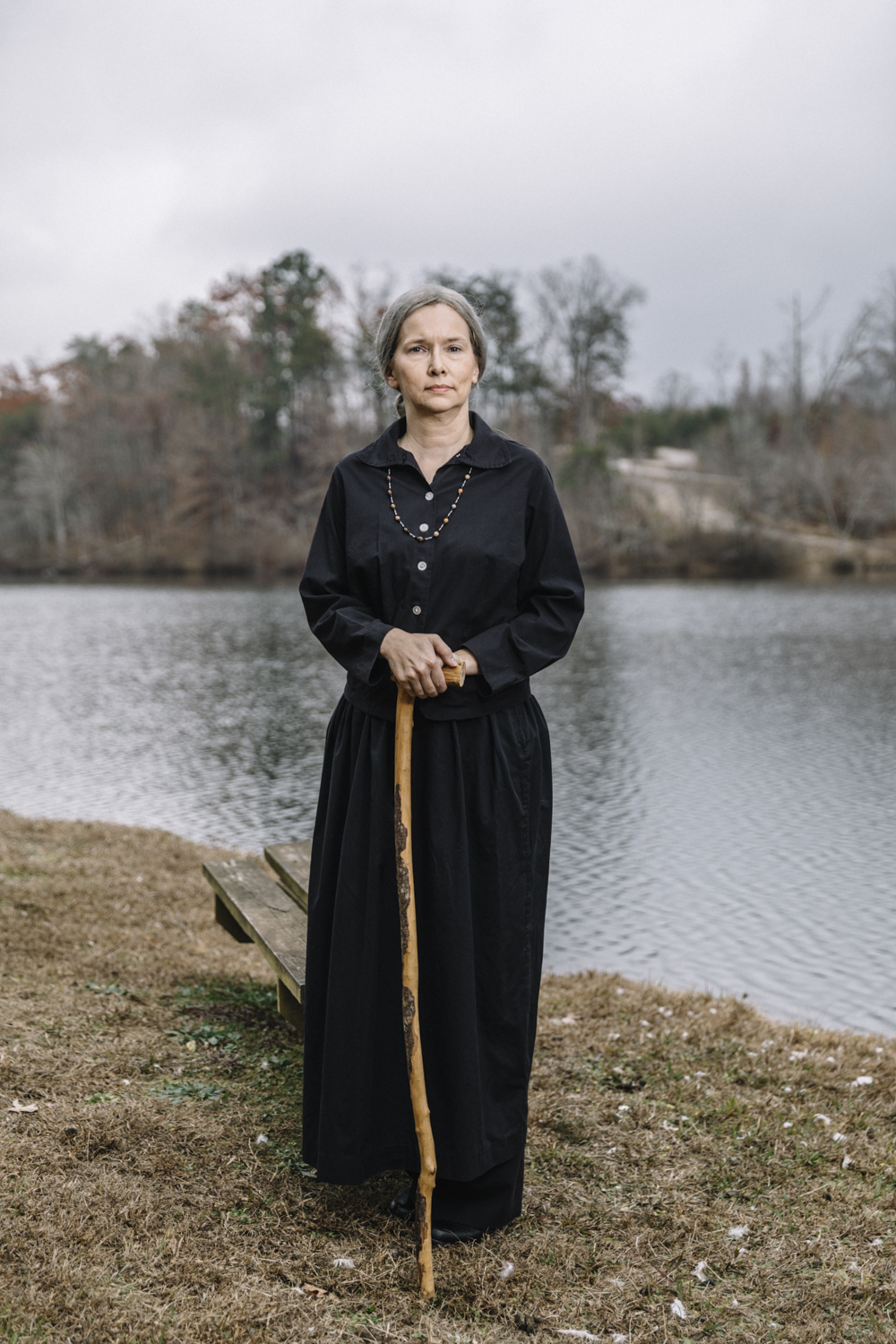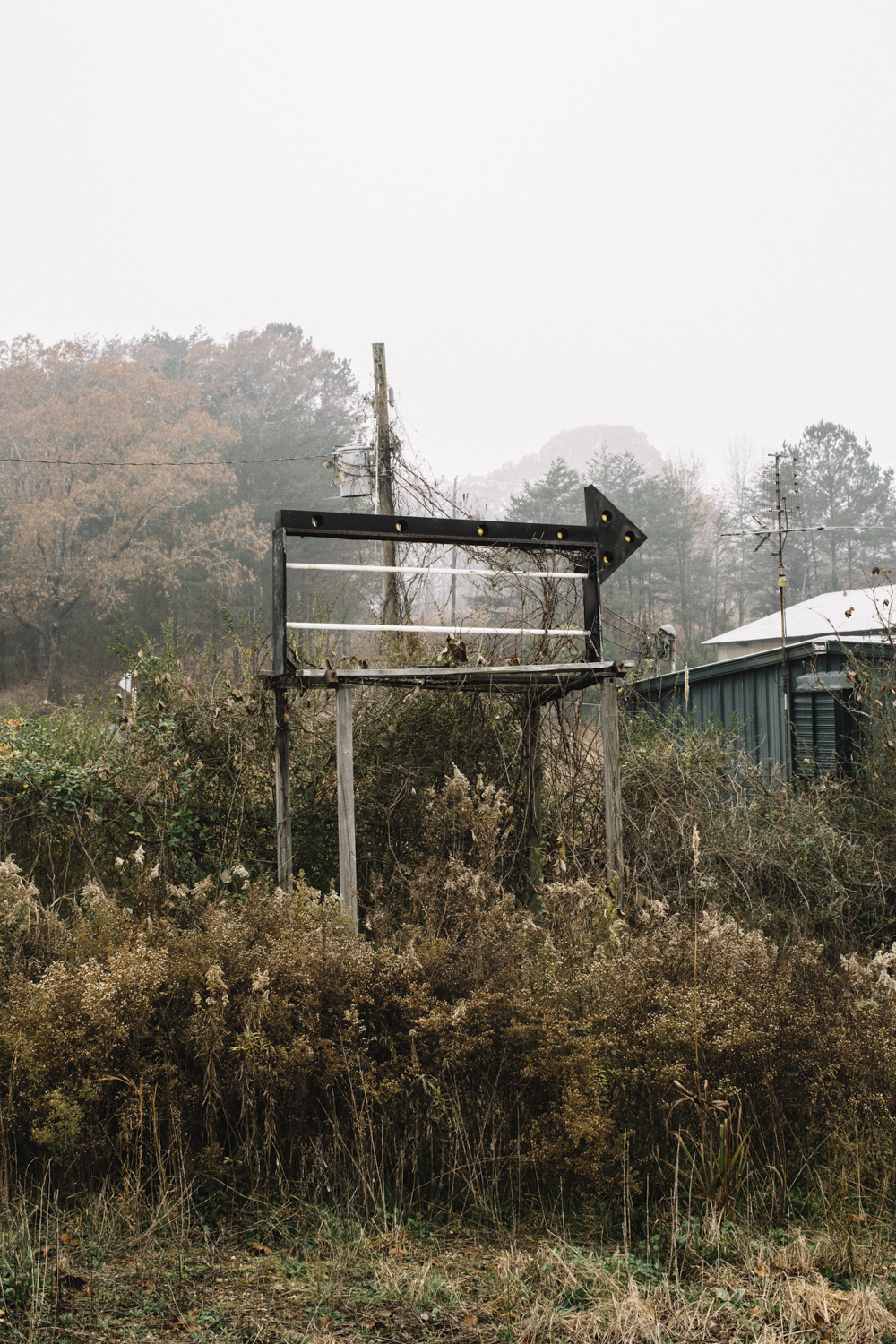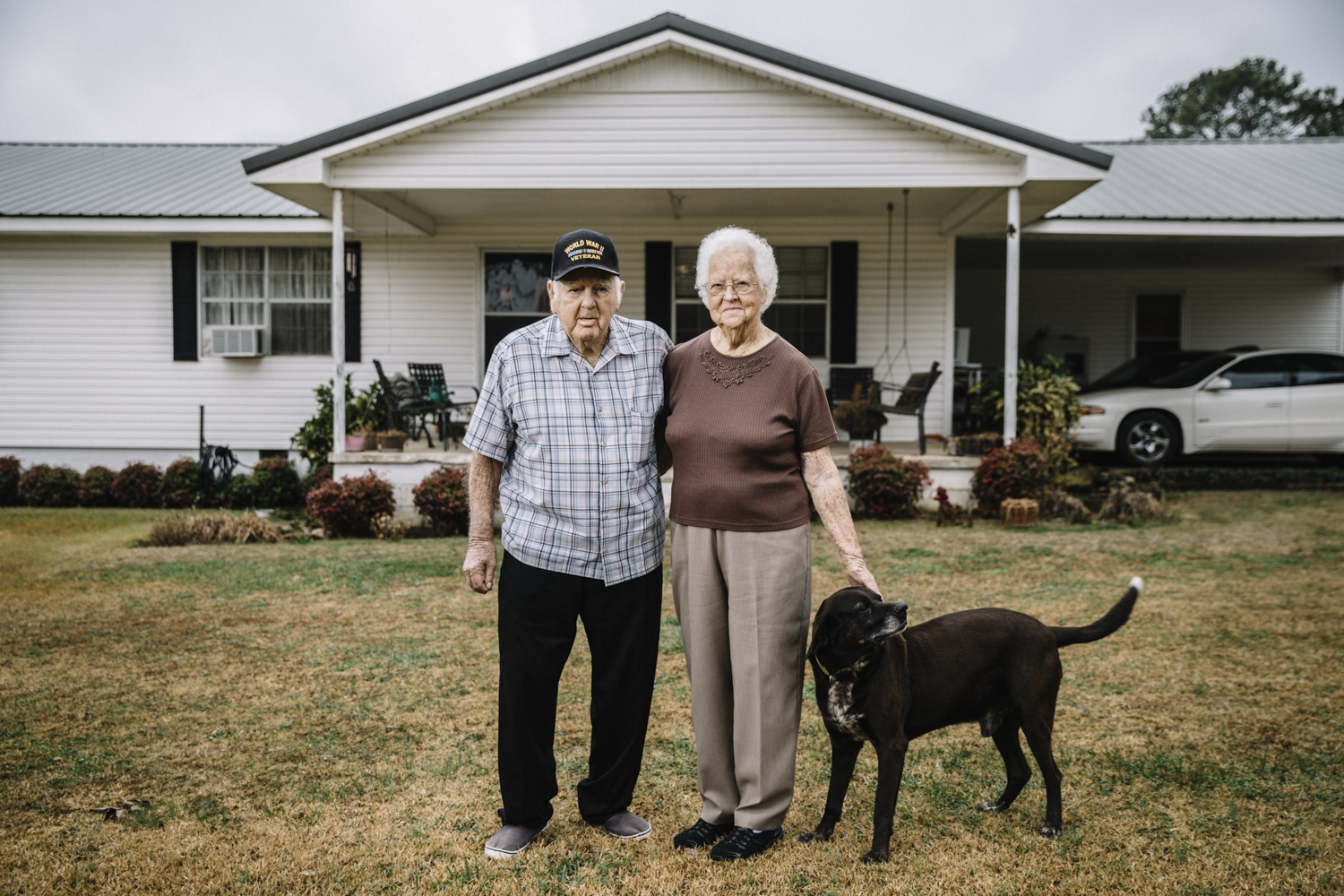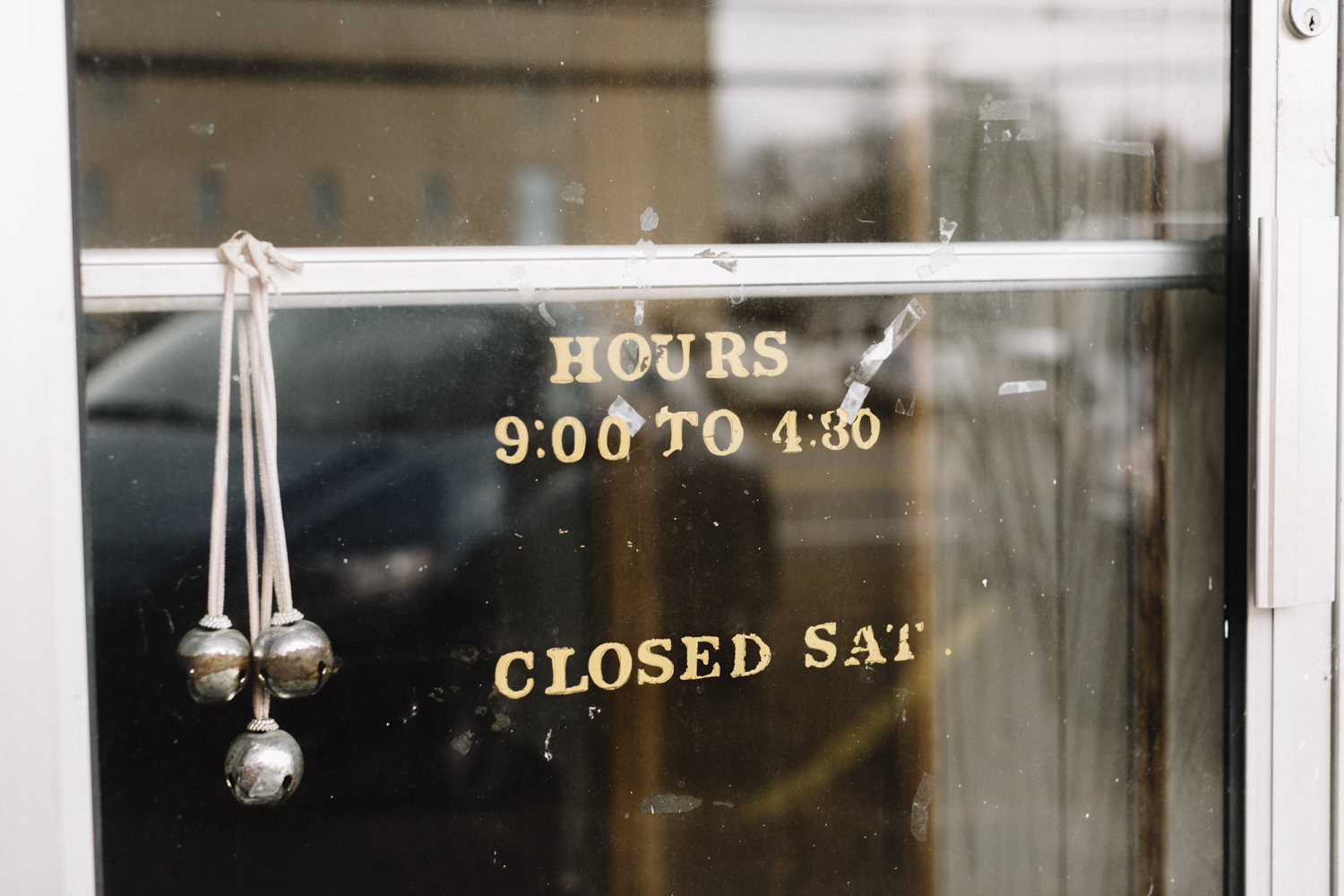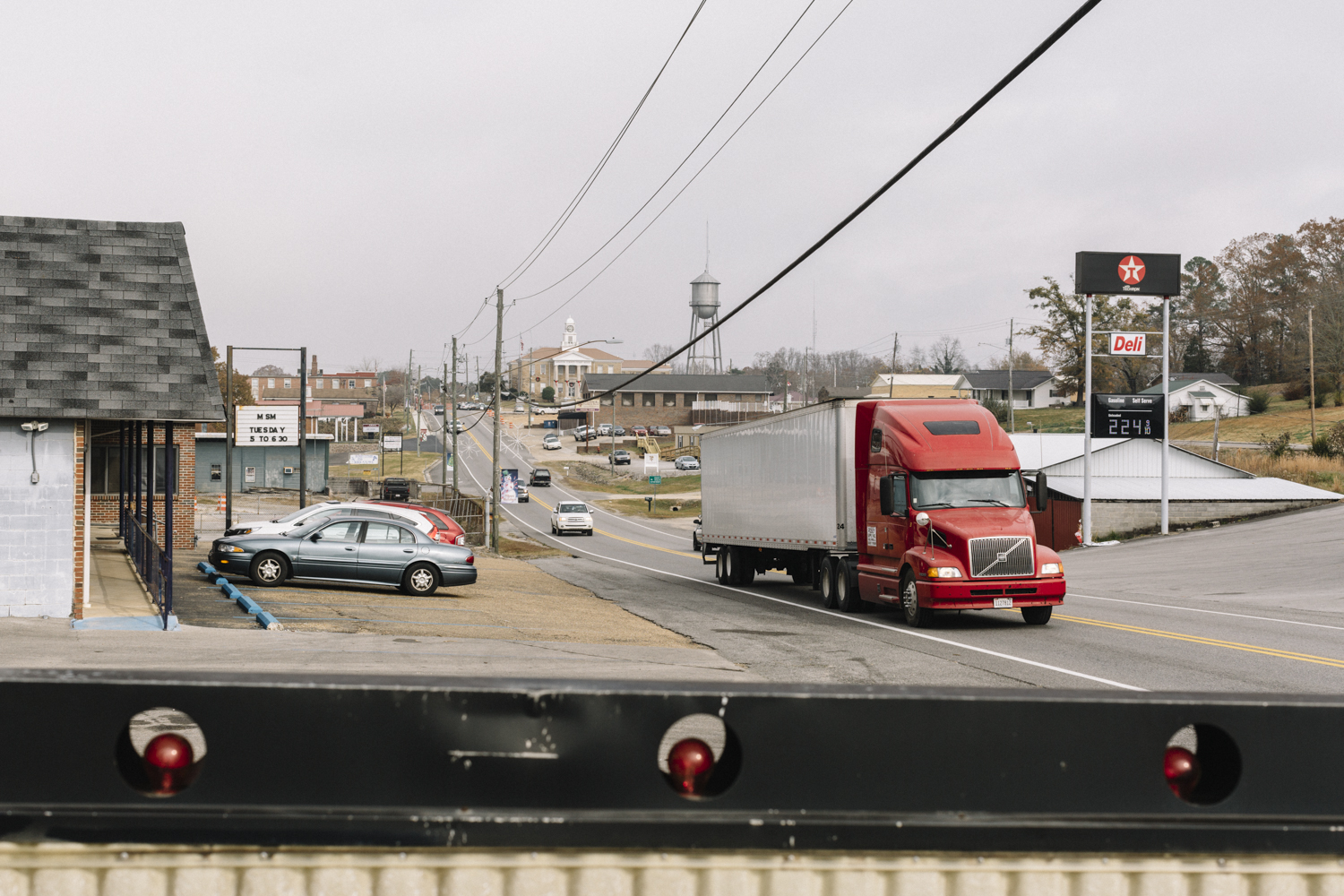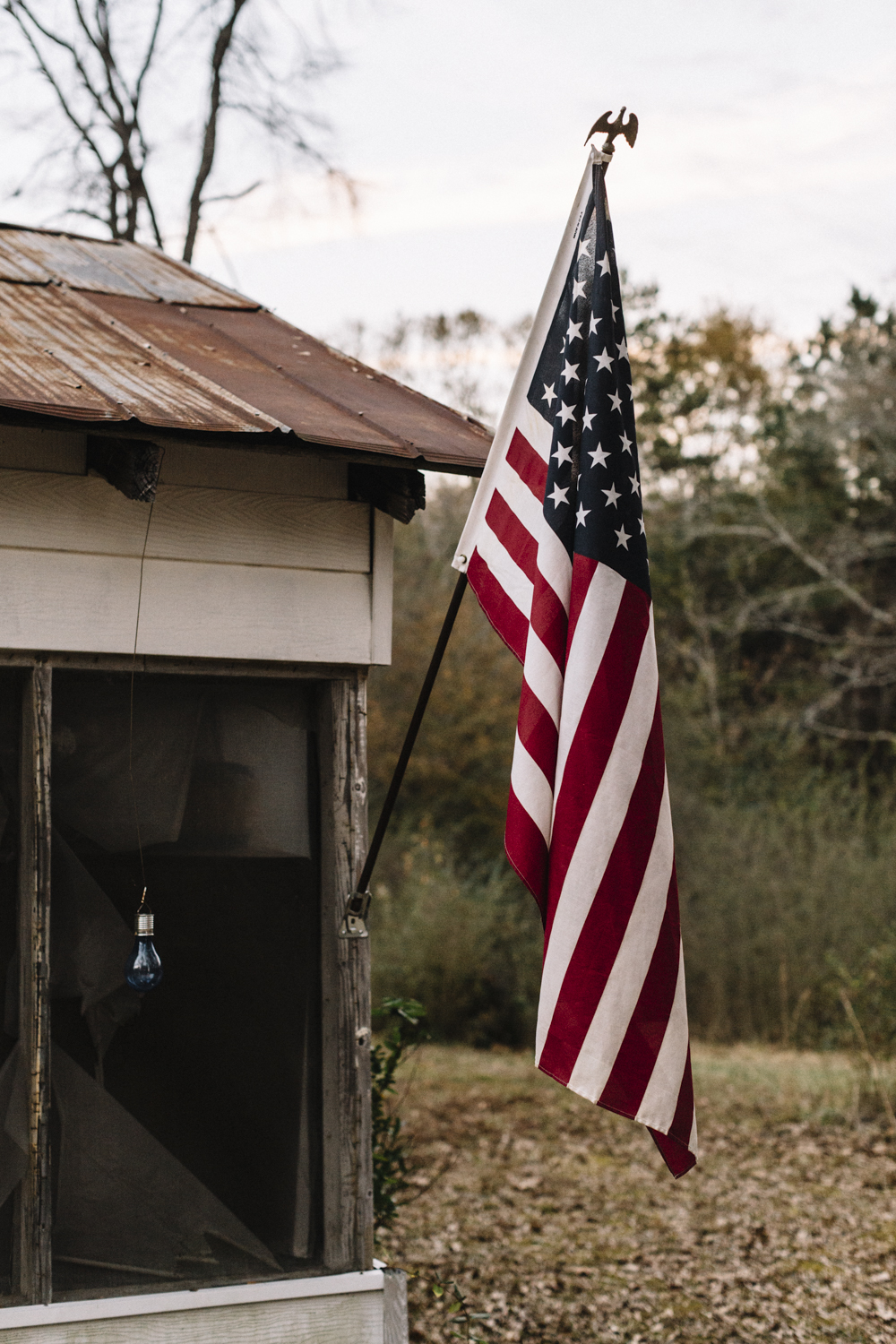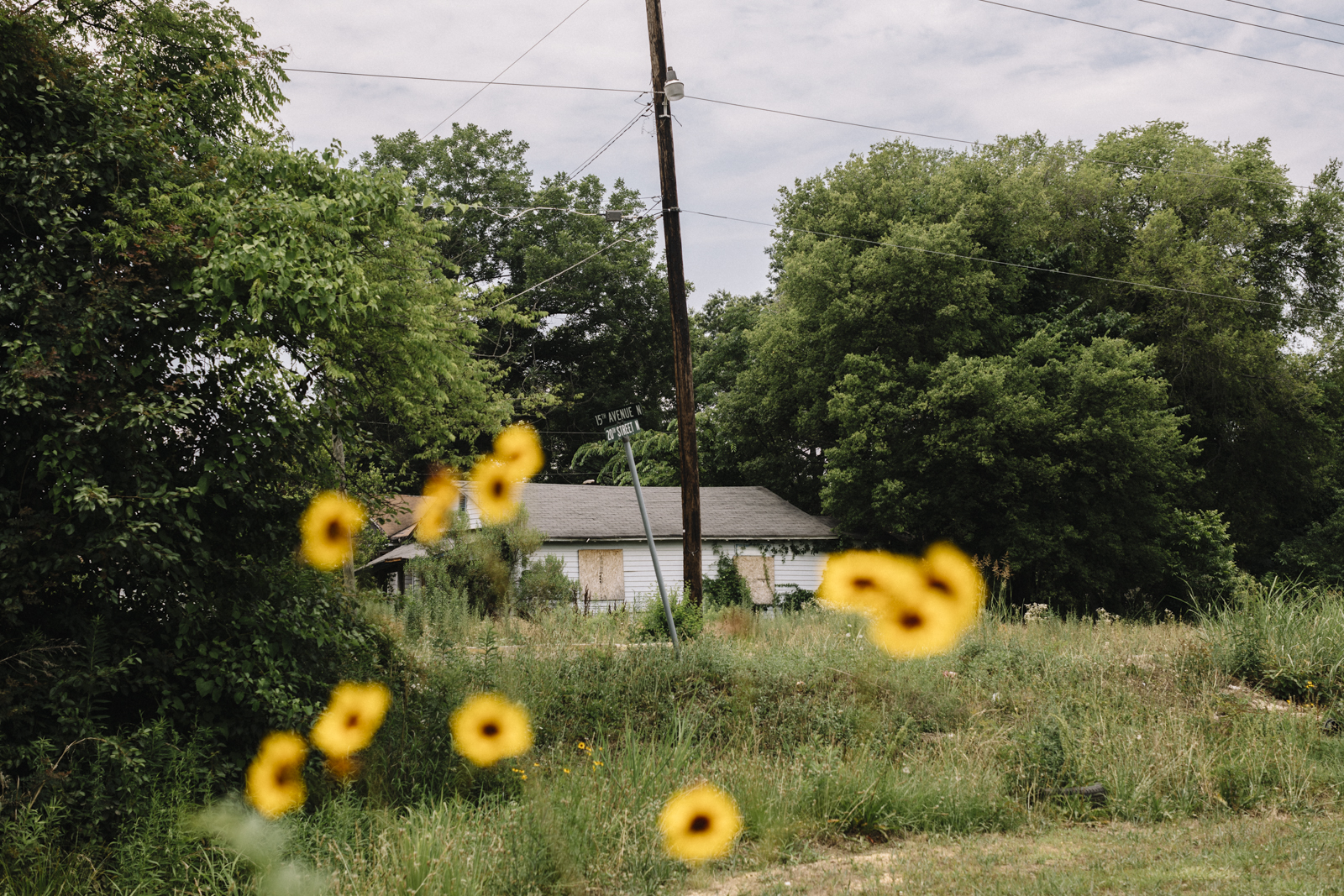

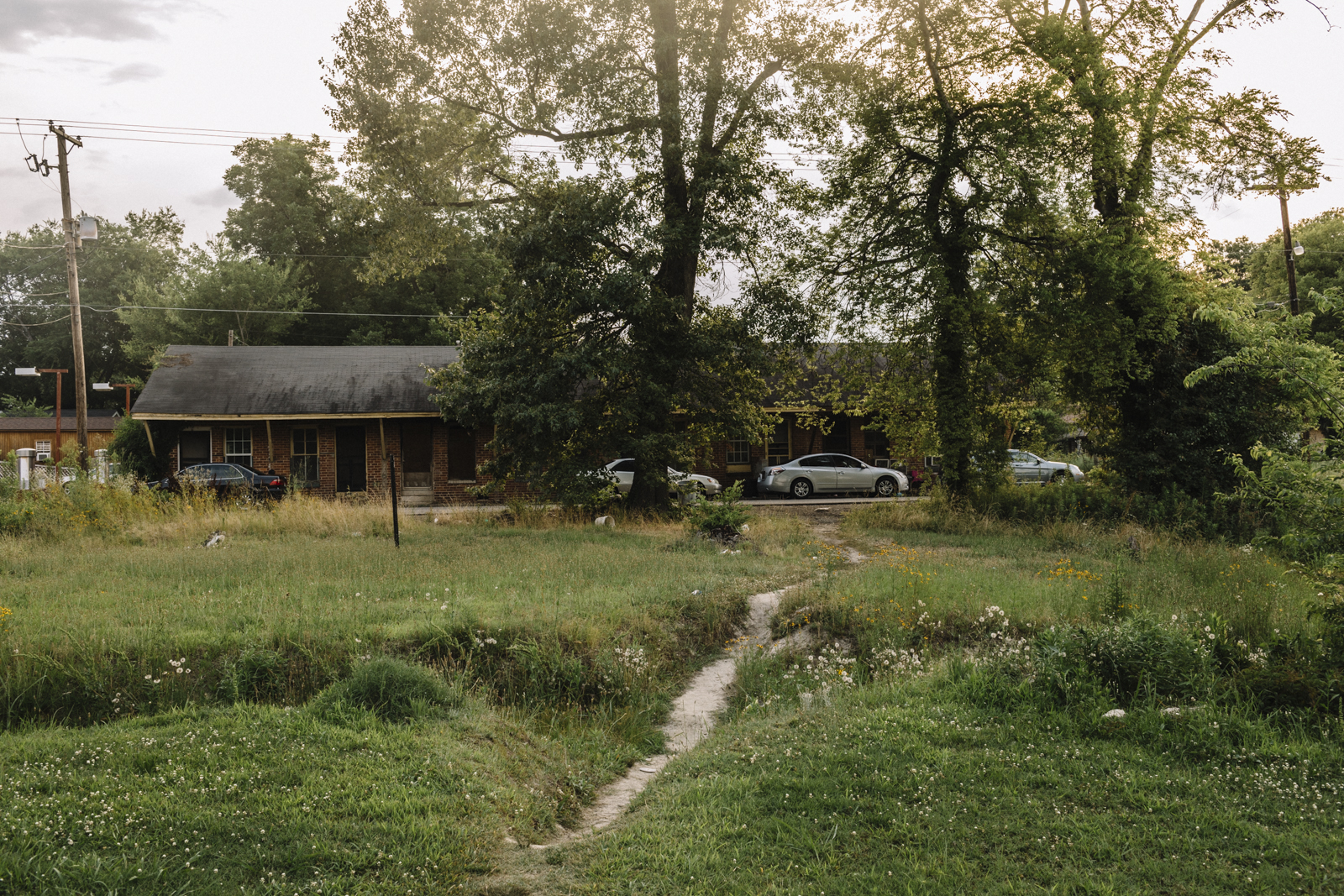
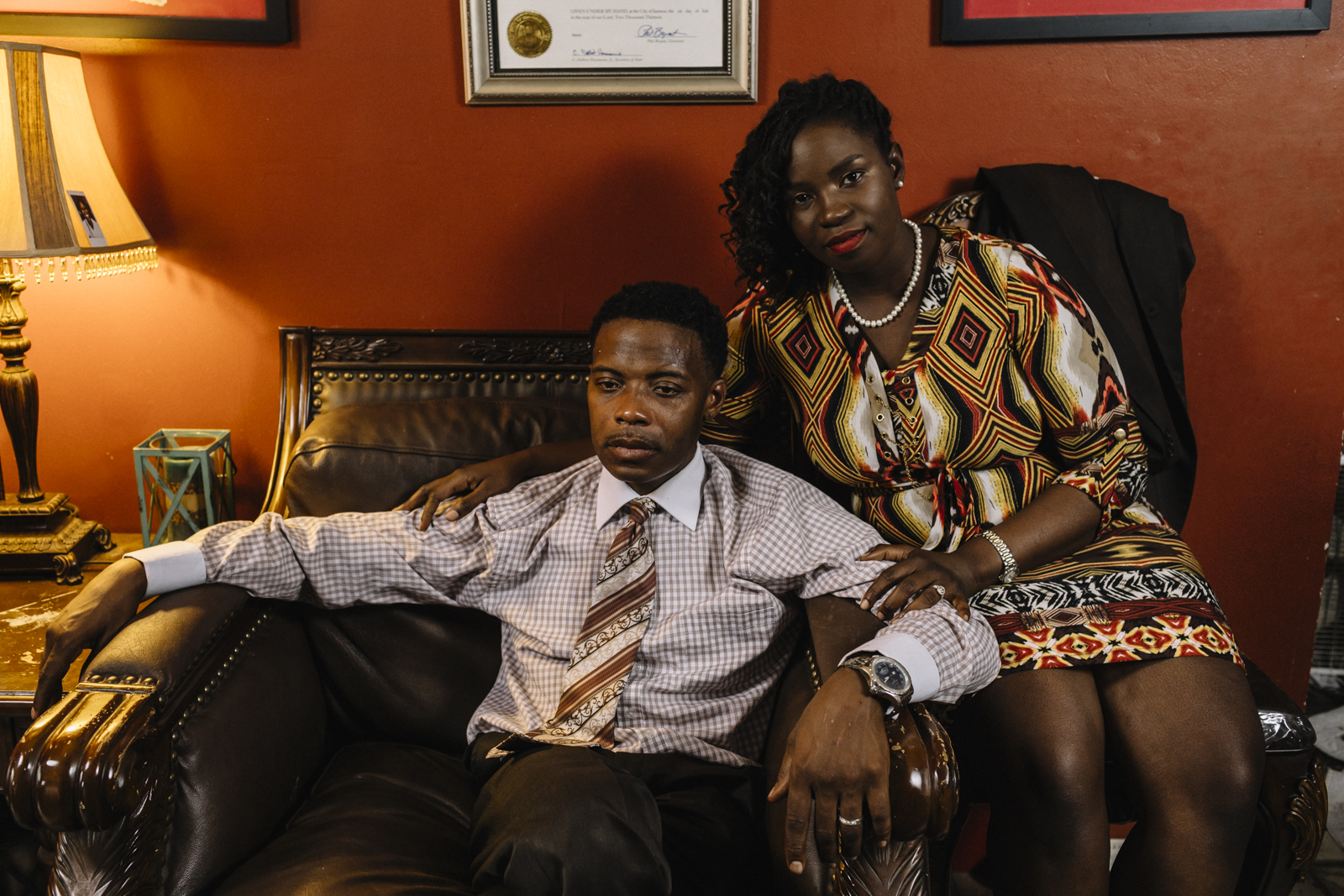

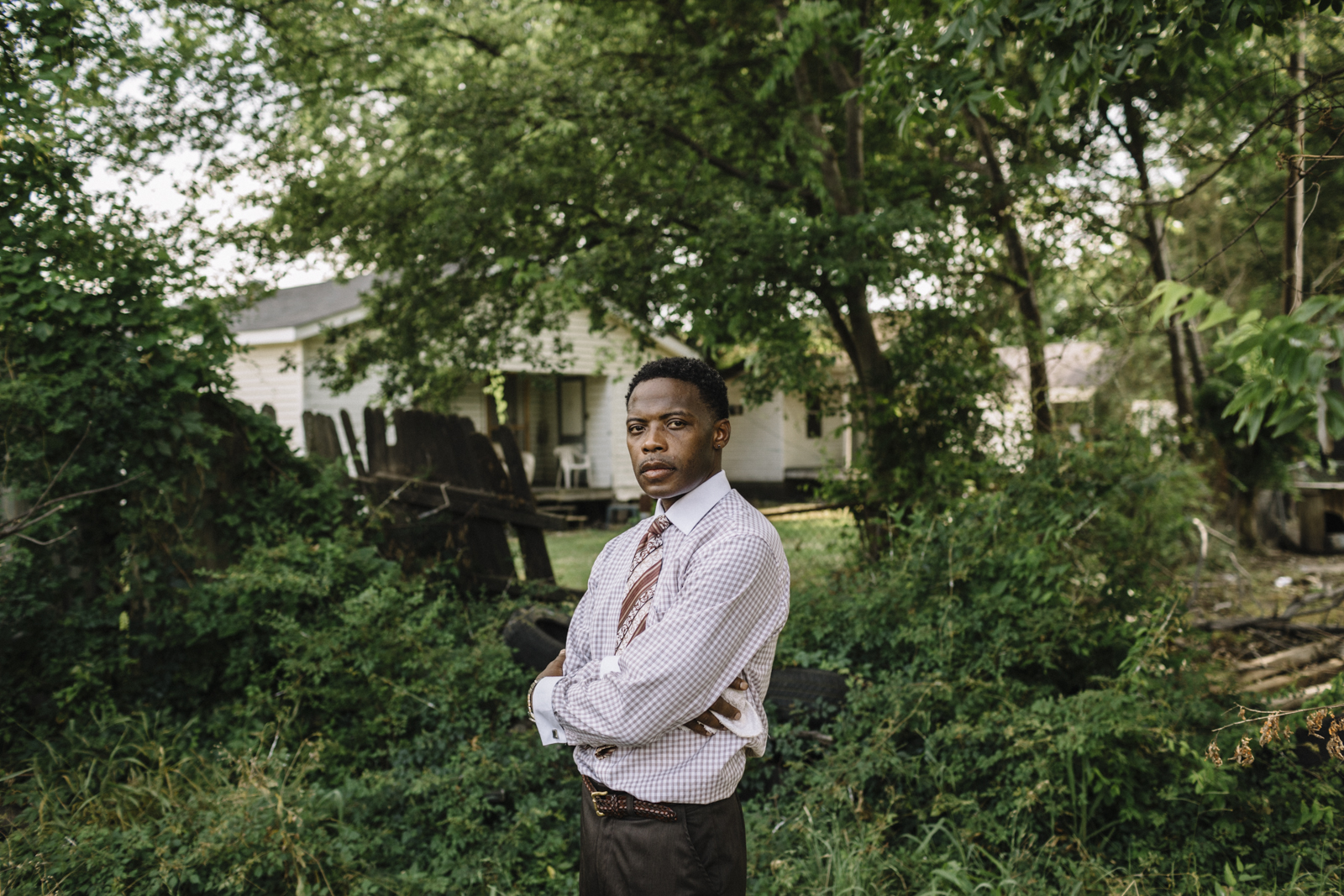
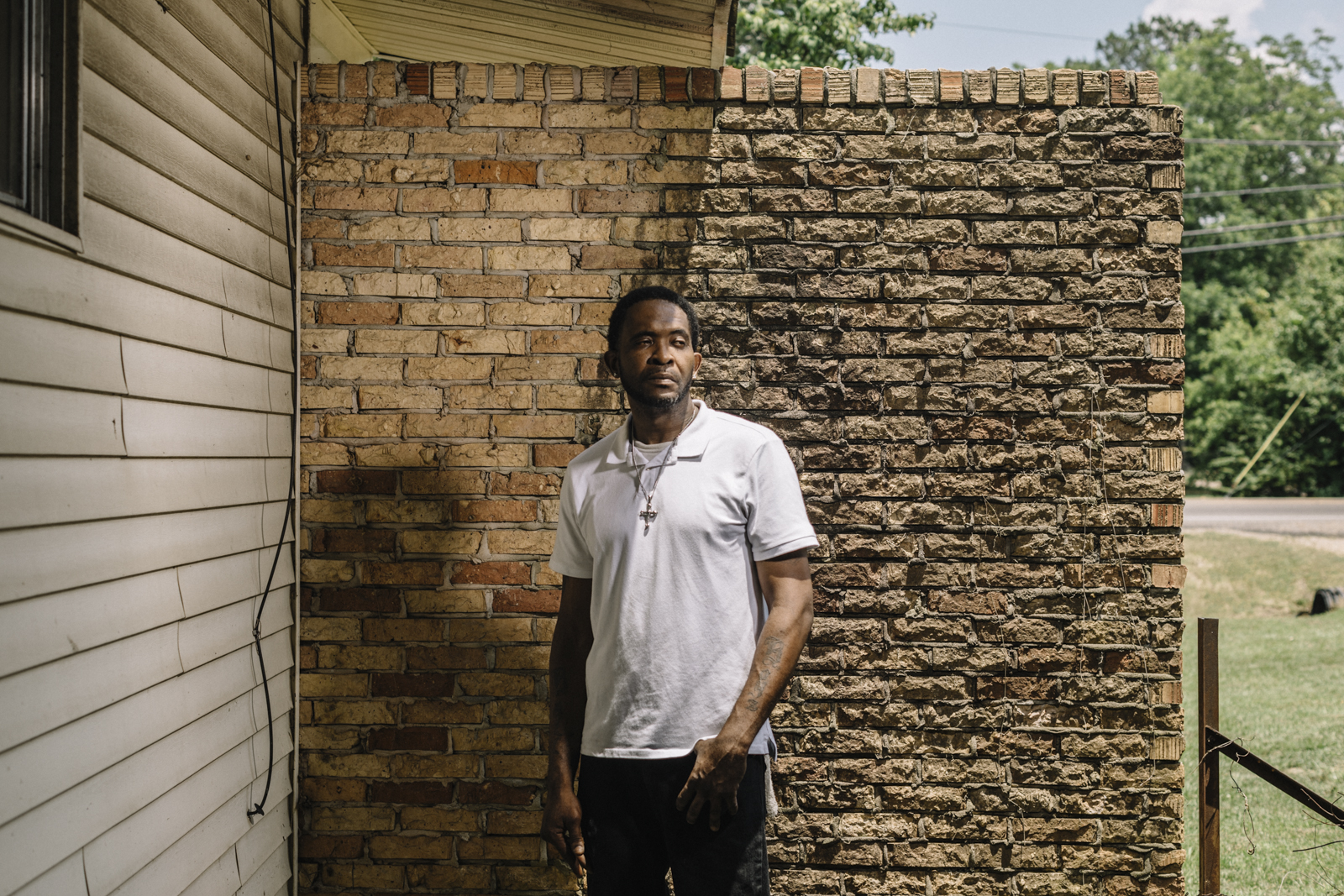
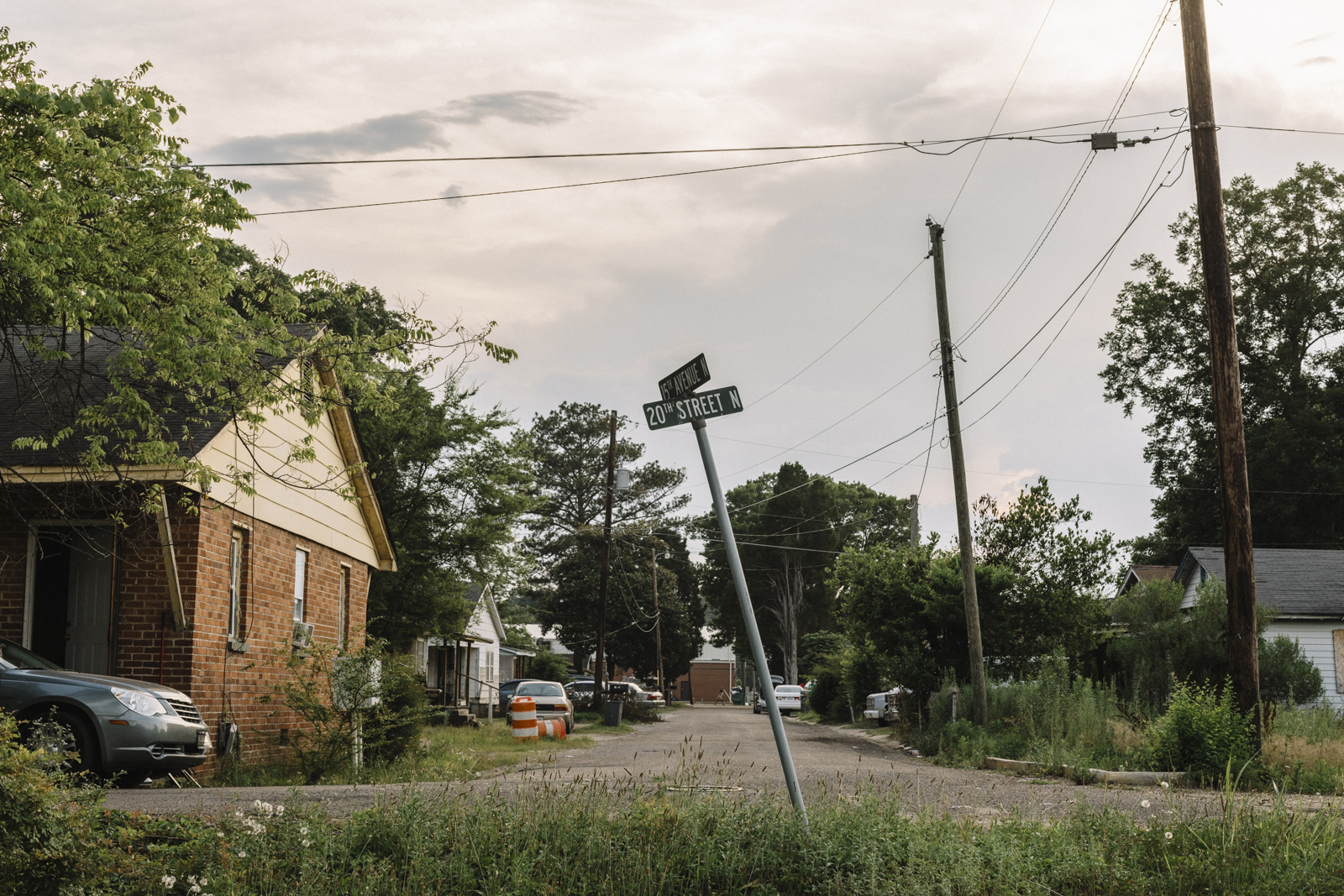
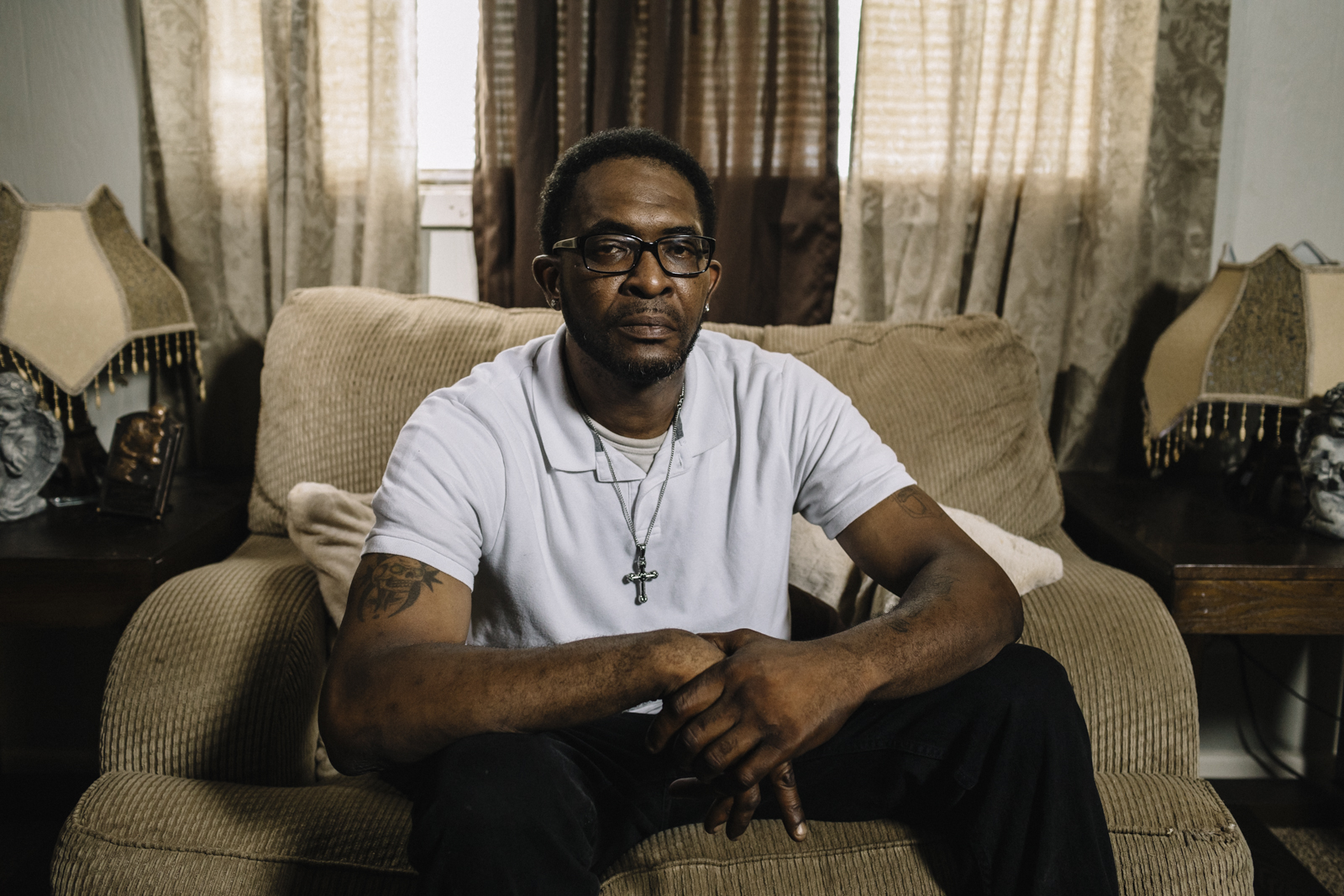
"The fatal police shooting of Ricky Ball in October 2015 convulsed the city of Columbus, Mississippi. Residents marched. Some businesses, fearing a race riot because a white cop had killed a black man, closed on protest day. A city council member accused the department of planting a gun beside Ball’s body. The police chief resigned. The district attorney called in state authorities to handle the case.
Finally, in September 2016, a grand jury indicted the officer, Canyon Boykin, on manslaughter charges. Boykin’s case still hasn’t gone to trial, but if the recent past is anything to go by, he’s likely to make it through without punishment — and even walk away from the case ahead, handed money for his troubles. That’s because shortly after he shot 25-year-old Ball as Ball ran away following a traffic stop, Boykin sued the city for racial discrimination, claiming he’d been unfairly fired for being a white cop who’d killed a black person. Just before his discrimination lawsuit was to go to trial last year, the city settled with Boykin for an undisclosed amount.
“That’s what really made me realize how much is stacked against us,” said Ricky’s cousin, Ernesto Ball, who is 46. “That’s the moment I began to think that maybe these cops can really get away with whatever.”
I photographed a surviving family member, a community organizer, the path that Ricky took while running from the police, and an eyewitness to his subsequent death for Buzzfeed.
Buzzfeed News: "Maybe These Cops Can Really Get Away With Whatever."


